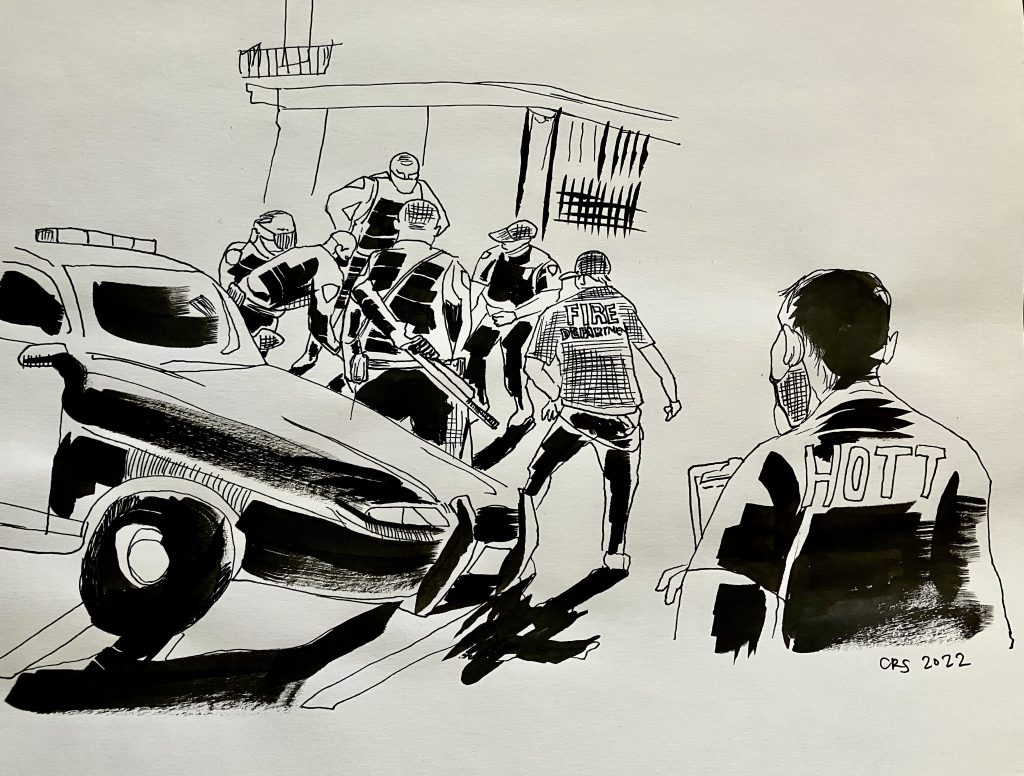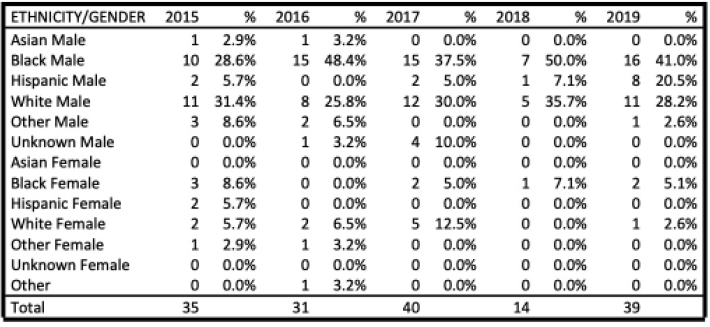
After two years of discussion, the Berkeley City Council approved the city’s “reimagining public safety” package on May 5. The $5.3 million package will spend some funds on violence prevention efforts, as well as a process that could fund non-police alternatives to mental health calls. However, the package will also add 23 new sworn officers and seven non-sworn officers to Berkeley’s police force, restoring Berkeley Police Department (BPD) to their fully authorized staffing level. This is a complete contradiction to the original intention of reimagining public safety.On July 14, 2020, Berkeley City Council committed to a “transformative approach to community-centered safety and reducing the scope of policing” and “equitable investment in the essential conditions of a safe and healthy community, especially for those who have been historically marginalized.”
Two years later, the City Council added “supporting police by freeing them to focus on what they do best…” and “ensuring an appropriately staffed and deployed Police Department…” to their original commitments. In the end, they approved a multi-million dollar package whose dominant promise is to fund more police officers. The total proposed “all funds expenses” budget for the Berkeley Police is $172,782,504—a sum more than 115 times greater than any of the Mayor’s other recommended proposals for reimagining public safety.
Though the May 5 meeting put an end to a years-long process of determining what “reimagining public safety” would look like in Berkeley, the new proposals will not go into effect just yet: The vote to approve the package means that it will come back to the council in June during the city’s budget process.
The-two year anniversary of George Floyd’s murder took place on May 25—just eleven days after the deadly white supremacist attack against Black people in a Buffalo, NY, supermarket. The long legacy of violence against Black people continues to ravage and terrorize our communities, so why is the mayor complimenting a police department that practices racist policing? Why is our city council continuing to fund the Berkeley Police Department, increasing their budget year after year, and adding to their staff? Why are we working on a reimagining plan yet continuing to support the police who terrorize Black and brown people in Berkeley?
In the Berkeley Police Department’s Annual Crime Report Update for 2020 and the first half of 2021, the demographic breakdown of use of force showed that 43.07 percent of BPD’s use of force was against Black people, who make up only 8 percent of Berkeley’s population. The demographic history of use of force by Berkeley police from 2015-2021 shows continued racial disparities in use of force against Black people. This is just some of the recent data and only what is reported. This report also does not include data on deaths of civilians at the hands of police.

Like all police departments across the country, the Berkeley police maintain racial inequity and protect property of white people and corporations. This is why the call for reimagining public safety and implementing alternatives to policing is so urgent and long overdue. We cannot repair a system that does what it is meant to do. When seeking public safety, we must look at circumstances that precede violence. We must help each other and stop looking to racist, unjust systems for solutions when they are the cause of the problem.
We should be generously funding Operation Ceasefire and a Specialized Care Unit (SCU) that does NOT involve police or policing. Thankfully, the Berkeley City Council has approved $200,000 for “Consulting costs to develop a Gun Violence Intervention (GVI) program, commonly known as “Operation Ceasefire,”” but we need to make sure that the consultation happens immediately and that Operation Ceasefire gets fully funded and fully staffed, where staff make a livable wage for Berkeley. The proposed Ceasefire budget is only $200,000—which is inadequate to make the program effective.
We ask council members and Berkeley residents who are calling for more police to take into account how this puts Black and brown people in Berkeley at risk. Racial profiling is violence. Racist policing is violence. The safest communities are communities with the most resources, not the most police. We need to help each other, rather than calling the Berkeley police and jeopardizing the safety of Black and brown people in Berkeley.
Berkeley Copwatch is an all-volunteer organization with the goal to reduce police violence through direct observation and holding police accountable for their actions. Formed in 1990, they seek to educate the public about their rights, police conduct in the Berkeley community and issues related to the role of police in our society at large. For more information visit www.berkeleycopwatch.org.
